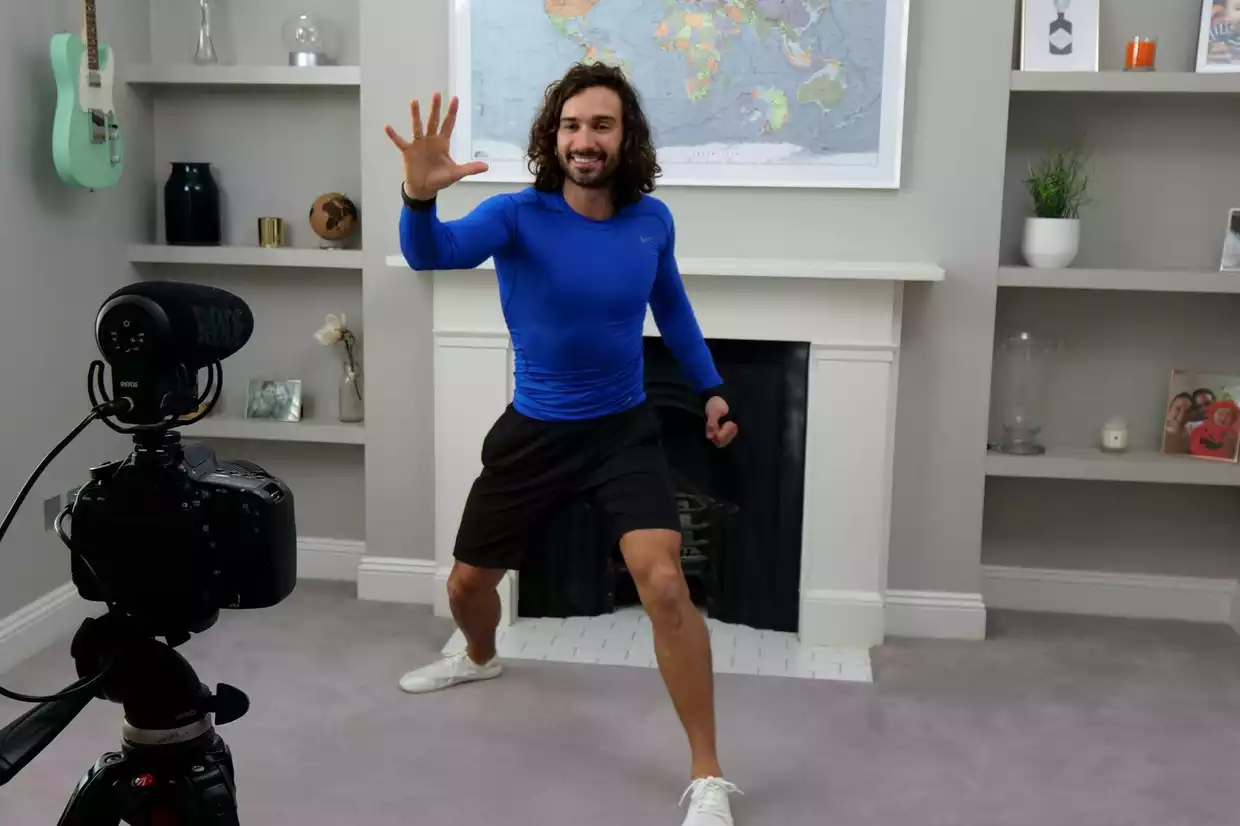What is the best learning style for you?
Adam Tweed | 02 Jun 2020If you have begun to explore the world of online learning as a means of exercising your mind during Covid-19 lockdown, here are a few suggestions we've gathered together that you might find of interest.
'Indoors, but not inactive' could summarise the way many people have approached lockdown and although considering the current crisis in terms of an 'opportunity' seems a little callous, many have decided to use their time to do that thing "I always thought I might like to try."
‘Knitting has become the new cool,’ a Forbes article announced, citing one global supplier reporting a 75% increase in sales. But with libraries, adult education centres and some schools closed, many have begun to explore the world of online learning as a means of exercising their minds (and bodies). From PE with Joe Wicks, to BBC Bitesize, 'The Basics of Onlilne Safety' to 'Radicalism and Reform in the 19th Century' there are numerous platforms and sources of learning from short videos to courses spanning several weeks, it might even be a toe in the water for an online degree.

So what is best?
...or, what online learning options are right for me?
This was a question AbilityNet explored alongside Kevin Maye from LearnMyWay, Kathy Valdes from Digital Unite, and Michele Brooker from the East Sussex Libraries service as part of the AbilityNet Live! series of lunchtime webinars we have been running during lockdown.
To help you discover what works best for you, here are some suggestions you might not be aware of yet:
Self-directed study videos
YouTube or Vimeo
These are online video libraries, great for browsing, and for physical examples and how-tos. YouTube allows videos to be uploaded by anyone, for free.
In February 2020, pre-lockdown for many, it was estimated that 25% of the world's population use YouTube on a monthly basis, watching 1 billion hours of video a day with 500 hours of new content being uploaded every minute!
The figures are mind-boggling. What it means is that if you're searching for for something, no matter how obscure, someone, somewhere, is likely to have made a video about it. The flip-side is, with figures like this it's an impossible task to screen and curate content (to check the content of 500 hours of video per minute would need a staff of ... well ... I'm still doing my BBC Bitesize Maths course, but it would be lots!).
The other issue with YouTube is, in order to pay for the infrastructure (the servers, the electricity, the staff) needed to host all the content for free, it is supported by advertising, lots of it. In fact it's now so ad-heavy it’s losing its appeal and on longer videos the regular interruptions can be incredibly distracting.
Vimeo doesn't have adverts in its videos (creators can overlay them) and therefore cost of hosting is passed on to the people uploading videos (there is a free tier). This means less content, but typically content is higher-quality.
YouTube and Vimeo are largely uncurated, and although some scanning for certain unpleasant content does take place fairly actively, a bigger issue in terms of online learning is to bear in mind that that the videos aren't fact-checked. Whilst you can use your own common sense if, say, you're following a video on how to replace an oil filter on a Massey Ferguson tractor, places like YouTube are the platform of the conspiracy theorist.

There is also a phenomena called the ‘YouTube rabbit-hole’ as the YouTube algorithm will suggest ‘similar’ videos you might be interested in watching and cues them up. What this means is that although you may start with a tutorial on making a pavlova, you may find yourself, six hours later, watching, for example, 'dogs who sound like people' - you have been warned!
TED Talks
If you want to lose yourself for a few hours and hear some fascinating, inspirational people talk about fascinating, inspirational things, and end up feeling, well, fascinated and inspired, then TED Talks are for you! TED talks are short (typically 5-15 minute) talks, often with demonstrations, given by on-stage speakers. They cover a huge variety of subjects and life stories; less teaching, more inspiration. Take a look at the range of the 25 most popular TED talks of all time.
Short courses
BBC Bitesize has been producing some incredible content with lessons aimed, they say, at 5-15 year-olds. But with content ranging from “Solving linear equations” to “Pathetic fallacy and extended metaphor” there’s certainly many opportunities to address that “Well I never got taught that when I was at school!”.
BT Skills for Tomorrow offers a number of short courses including things like ‘mastering the basics of using a computer’ and ‘staying safe online’ to setting up parental controls to keep your children safe online. There are also courses on building your own business and finding a job. The courses are provided by both BT as well as external providers like LinkedIn, LearnMyWay and Google.
MOOCs
MOOCs (Massive Open Online Course) are specialist online course providers, hosting online courses from leading universities. There are a lot out there, but of note are FutureLearn, Coursera and edX.
FutureLearn is jointly owned by the Open University and has courses from largely UK universities (but also an increasing number from overseas). Coursera and edX are US-based and host content from mainly US universities. Courses tend to be anywhere from 2-6 weeks long with an estimated study time anywhere between 6-20 hours per week (if you include additional reading). Modules are broken into shorter units that fit around shorter timeframes.

Most courses are available to ‘audit’ on all platforms meaning you get full access to the content, for free. However, you will not receive any record of completion (a badge or certificate), so if you are choosing to do this for professional development you will need to bear this in mind. It is often the case that having made your way through a course the temptation to upgrade to get the certificate can be compelling, but with certificates ranging from £50-100+ you will need to consider the long-term value to you (i.e Do I want to have something that reflects the effort you put in, or is it enough just to say “I did that”?). Many providers also offer an ‘unlimited’ option now as opposed to per-course fee.
Another couple worth mentioning are Udemy and Masterclass. Udemy provides paid-for courses, but on a range of both academic and practical subjects, from leadership skills to learning an instrument. Charges are per course and are around £100 each. Masterclass offers courses taught by celebrities and industry professionals; you can learn Space Exploration from Chris Hadfield, Directing by Ron Howard, Comedy from Steve Martin, Creative Writing from Margaret Atwood or Photography from Annie Leibovitz.
Whatever you decide, remember, this is about keeping your brain active, to explore something you find interesting and see where it takes you - it's not a competition with other people.



